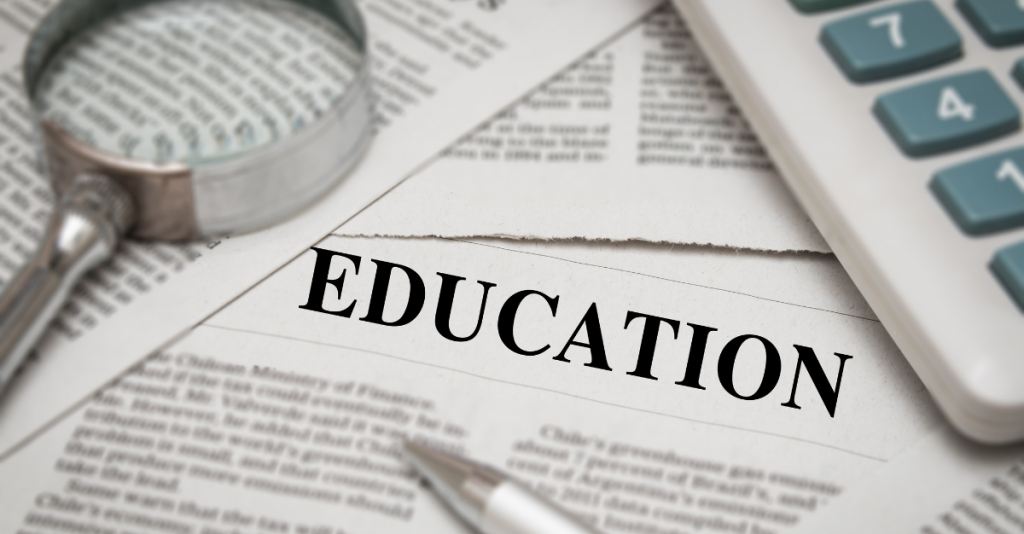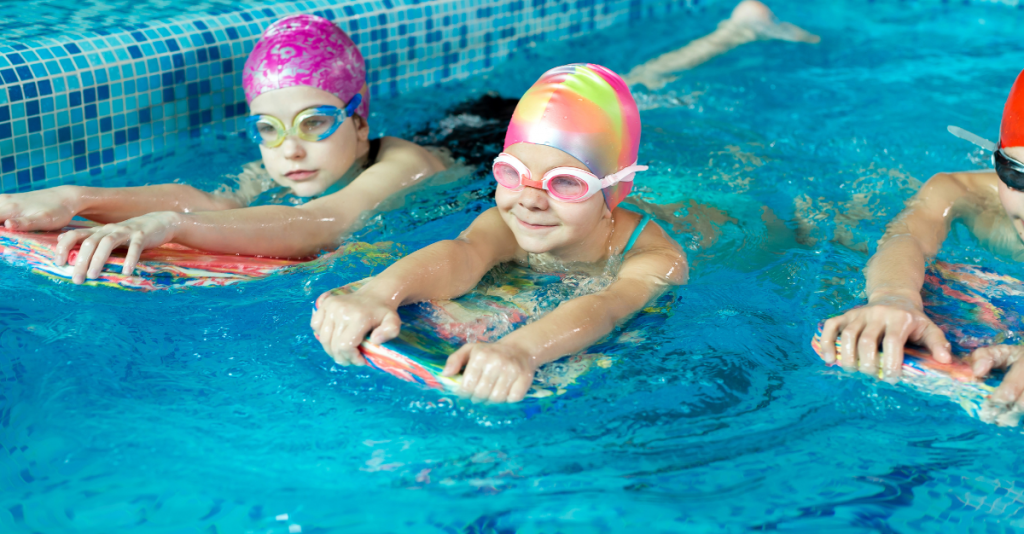
25 Dec Singapore’s Education Landscape: A Comprehensive Guide for Parents

Singapore’s education system is known for its excellence, rigorous standards, and commitment to cultivating well-rounded individuals. Understanding and navigating this educational landscape can be exciting and challenging for parents of lower primary students. This comprehensive guide explores key aspects of Singapore’s education system and offers valuable parenting tips to support your child’s academic journey.
1. Understanding the Singapore Education System:
Singapore’s education system is structured into several key phases, starting with preschool and progressing through primary, secondary, and tertiary levels. Familiarise yourself with the Primary School Leaving Examination (PSLE), which marks the end of primary education and determines secondary school placement.
2. Preschool Education:
The foundation of Singapore’s education system begins with preschool. Choosing the right preschool is a crucial decision. Consider factors such as the curriculum, teaching approach, and facilities. Active parental involvement is encouraged to create a holistic learning experience for your child.
3. Primary Education Curriculum:
Lower primary education in Singapore focuses on building a solid foundation in English, Mathematics, Science, and Mother Tongue (often Mandarin, Malay, or Tamil). Familiarise yourself with the primary school curriculum, including subject syllabi and assessment methods.
4. Parental Involvement in Learning:
Actively participate in your child’s education by fostering a supportive home learning environment. Set aside dedicated time for homework and revision, engage in conversations about their school experiences, and attend parent-teacher meetings to stay informed about your child’s progress.
5. Managing the Transition to Primary School:

The transition from preschool to primary school is a significant milestone. Prepare your child by familiarising them with the school environment, introducing basic routines, and addressing concerns. Encourage a positive attitude towards learning and making new friends.
6. Holistic Development:
Singapore’s education system emphasises holistic development. Beyond academic excellence, schools focus on character education, values, and soft skills development. Reinforce positive values at home and encourage your child’s involvement in co-curricular activities (CCAs) for a well-rounded education.
7. Balancing Academics and Extracurricular Activities:

While academics are important, encourage your child to participate in extracurricular activities to discover and develop their talents. Whether in sports, arts, or other CCAs, these activities contribute to a holistic education and can enhance your child’s overall well-being.
8. Homework Support and Time Management:
Provide a conducive environment for homework and study. Establish a consistent routine, allocate specific times for homework, and encourage good time management habits. Be available to offer support and guidance, promoting a positive attitude towards learning.
9. Preparing for the Primary School Leaving Examination (PSLE):
As your child progresses through primary school, be aware of the importance of the PSLE. Understand the examination format, provide emotional support during preparation, and explore effective study techniques to help your child perform to the best of their ability.
10. Emotional Support and Well-Being:

Pay attention to your child’s emotional well-being. Be supportive, provide a safe space to express themselves, and address any emotional challenges they may face. A positive emotional state contributes to effective learning and overall happiness.
In conclusion, navigating Singapore’s education landscape involves a collaborative effort between parents, educators, and students. By staying informed, actively participating in your child’s education, and fostering a positive learning environment at home, you contribute significantly to their academic success and overall well-being. The journey through Singapore’s education system is about academic achievements and shaping well-rounded individuals equipped for a bright and promising future.


